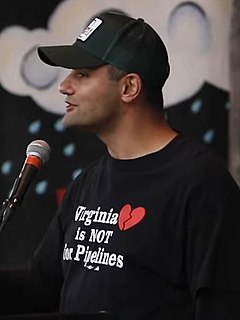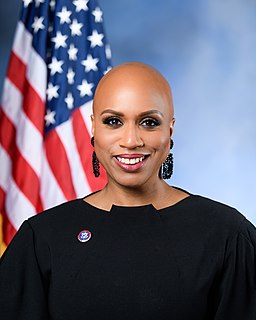A Quote by Elif Safak
Identity politics divides us. Fiction connects. One is interested in sweeping generalizations. The other, in nuances. One draws boundaries. The other recognizes no frontiers. Identity politics is made of solid bricks. Fiction is flowing water.
Related Quotes
Regardless of the Islamophobia, where we have gone wrong in the Democratic Party and the American left is to play wholeheartedly into identity politics, which divides us just as much as it can unite us. We need to take a long hard look. We can celebrate our identities and our heritage, we can understand, you know, but we don't need to be melting pot. We can be a solid ball with all the different pieces.
What the left ends up missing is that politics have always been at the heart of American culture; it's been a white identity that's been rendered invisible and neutral because it's seen as objective and universal. As a result, we don't pay attention to how whiteness is one among many racial identities, and that identity politics have been here since the get-go.
I write some art criticism, and one thing that's clear to me is that politics is fashionable in the American art world in a way it maybe isn't in American fiction. Your work of art becomes fashionable the moment it has some kind of political commentary. I think this has its dangers - the equation between fashion, politics, and art is problematic for obvious reasons. Nonetheless, the notion of politics as being de rigueur in the world of fiction is almost unthinkable. In fiction in America at the moment, the escape into whimsy is far more prevalent than the political.
I'm not naive. All politics is about identity, right? Neighborhood politics, cultural politics, issue politics. It's not as though I don't get that. It's just - it has to be, I think, tempered in a way that is for our overall advancement and not to our detriment or obliteration. When I say 'our,' I don't mean just communities of color.
When it comes to identity, that was an issue that plagued me for a lot of my life. It's something that I wanted to tap into. Film can really take you to other places, and sometimes that's necessary to understand your own identity or someone else's identity or just the issue of identity, in general. It takes you. It's borderless. It's boundless. It's universal.






































